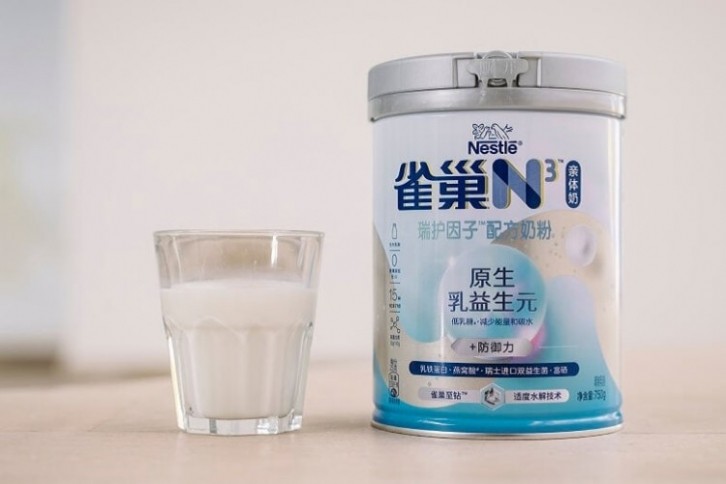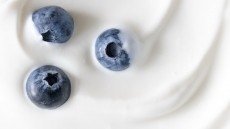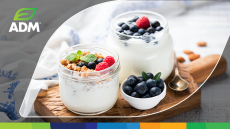Nestlé's N3 milk powders offer functional benefits in a familiar format for the Chinese market

Nestlé already operates in the Chinese healthy ageing market through its YIYANG brand, which includes a powdered milk beverage clinically proven to lower blood glucose response after the consumption of meals rich in carbohydrates, and a functional food product that support mobility.
But alongside liquid milks and powdered protein beverages, milk powders are among the most popular categories for healthy aging nutritional solutions in China - and Nestlé has just released N3 milk, in the form of a powdered milk range, as its answer to consumer trends that combine the functional benefits of dairy and the convenient format of powders.
The company is also positioning N3 milk as a solution to the low dairy intake among China’s ageing adults, but the products are equally suitable for other consumer groups, such as those with lactose sensitivities or the health-conscious consumers. Made from cow’s milk, N3 milk has all the nutrients found in milk, such as proteins, vitamins and minerals, and also naturally contains prebiotic fiber and low levels of lactose.
The prebiotic fibers have been naturally derived through the company’s proprietary enzymatic solution, which converts milk lactose into dietary fibers while reducing total sugars at the same time. The method, which Nestlé first unveiled in July 2023, can reduce sugar content in both liquids and powders by up to 30% whilst enabling ‘source of fiber’ claims. It involves polymerizing the lactose to create galacto-oligosaccharides (GOS), otherwise known as dietary fibers.
Following the announcement of the clinical break-through this summer, this is the first time that Nestlé has leveraged the process to manufacture a commercially-available product.
A Nestlé spokesperson told us: “In China, milk powders are widely consumed and seen as an important contributor to good nutrition. We leveraged our strong innovation capabilities and manufacturing know-how on milk powders to deliver a range of N3 milk powders that meet local preferences and dietary needs, whether be it for the whole family, those with lactose sensitivities or the aging population.”
The spokesperson added that the health benefits of prebiotic galacto-oligosaccharides (GOS) fibers have been proven across many clinical trials, supported by the company’s own clinical trial for the prebiotic GOS fiber present in N3 milk. “The trials showed that these fibers promote the growth of multiple types of bifidobacteria by up to three-fold, delivering gut microbiome benefits in healthy adults,” the spokesperson explained.
The N3 milk powders are locally manufactured at the Nestlé Shuangcheng factory in China, DairyReporter understands. Four products have been launched – a skimmed milk, a full cream milk, and two healthy aging products - one for mobility and the other to support immunity.
In terms of how much powder needs to be consumed to obtain these health benefits, Nestlé explained that two servings of reconstituted milk powder per day - the standard dietary recommendation in China - would be enough.
Asked further about the nutritional content of the four powders – some of which include vitamins and minerals as well as fiber – the company’s spokesperson said: “They have between 4-6g of prebiotic fiber per serving depending on the product, around 80% less lactose, and over 15% less calories than a regular glass of milk. Lactose-free milks usually contain zero lactose, however, they do not typically contain prebiotic fibers. The amount of vitamins and minerals varies between products due to fortification.”
On sugar, the spokesperson said: “The technology uses specialized enzymes to break down the lactose by up to 80%, while converting it into beneficial prebiotic fibers.
“Because the N3 milk is cow’s milk that has low lactose and the prebiotic fibers, the sugar reduction is much higher than when we use the technology in products where milk is only used as an ingredient.”
Nestlé will be exploring other product categories for N3 milk ‘at a later stage’, but the company’s spokesperson did not discuss specifics. “N3 milk can be applied across different products and categories in our product,” they told us.
From publicly available information, it is clear that the enzymatic solutions can be used to create naturally low in sugar and functional beverages, including fruit juices, as well as low-lactose, low-sugar milk drinks with functional benefits. It is unknown however what product segment the company would explore next.















